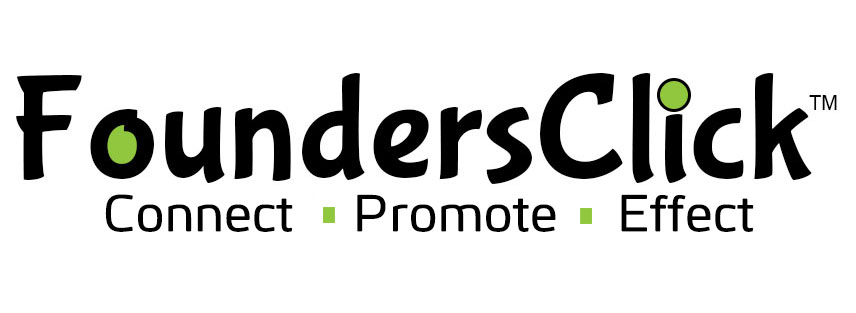“Live neither in the past nor in the future, but let each day’s work absorb your entire energies, and satisfy your widest ambition.” – Sir William Osler
Clients often come to me wondering if their age is going to get in the way of their prospects for landing their next job. Of course, in today’s ethos of getting crushed by the constant technology rockslides, hiring managers assume that unless you are young (<30 years old) and are already equipped to deal with constantly changing technologies you’d be ill equipped to deal with today’s challenges, and, in that light, if you would be a high-risk hire.
The metaphor of technology rockslide is inspired from the myth of Sisyphus (Sisyphus or Sisyphus is a figure from Greek mythology who, as king of Corinth, became infamous for his general trickery and for twice cheating death. He ultimately got his comeuppance when Zeus dealt him the eternal punishment of forever rolling a boulder up a hill in the depths of Hades. In today’s ethos of constantly changing technologies, many ageing professionals feel that their career and future are damned because of the inexorable march of technology and are consigned to the fate of Sisyphus).
Although I did not believe in this ageism myth—I made my own last career change to be in my fifth career at 60 and am constantly thinking of what my next career is going to look like a few years from now when I’ll be turning 80. Last year a 73-year old came to me wondering about his prospects for finding a job in today’s technology market, right here in the Silicon Valley, dominated by aggressive millennials—as he himself is a technology pioneer—and was surprised when we were able to land him a rewarding job of his dreams, despite his reservations.
“Although the inexorable march of technology advances may look like a Hollywood story, your own career does not need to have a thespian ending.”
This age-based apprehension is not limited only to jobs that are focused on technology development or on developing products that are rooted in technology, but also extends far beyond the core jobs that product and technology developers do in the umbra emerging technologies. This is because the reach of technology’s penumbra inevitably permeates in all our jobs that we encounter over time; simply put you cannot escape technology’s advance. Although the inexorable march of technology advances may look like a Hollywood story, your own career does not need to have a thespian ending.
So, the challenge aging generation of professionals face today is that they must not betray their age before they are evaluated for their skills and the values they bring to their target job, which was our strategy for the aforementioned 73-year old client. So, how to cheat this ageism-based screening and recruitment process?
It begins with your résumé!
There are several ways—some blatant and others, subtle—your résumé can betray your true age. So, here are some ways you can affiliate yourself with a “younger” crowd.
- Replace your email address to its more “youthful” counterpart. Replace: Jimsmith@aol.com with Jimsmith@google.com
- In the top Summary part do not lump all your long experience in one single statement. So, instead of writing: Nearly 28 years (which immediately puts you in the mid-50s age group) in various roles, including design, development, and project management, say, “Most recent four years leading a customer-focused program delivering a hybrid cloud transformation and three prior years supporting installation of one of the largest data centers overseas. Previous experience also includes working with global vendors and managing suppliers.
- Showcase your detailed chronology going back about 10 years (15 max). Any entries prior to that year can be listed as “Prior–2003.” Then list the most important few roles, relevant to the current target jobs.
- Do not betray your “typewriter” era experience by having two spaces after a period in a sentence; just have one space, instead. When people used typewriters (until late ‘80s) the rule was single space between words and double space after a period. In the computer era there is now only a single space after the period.
- When listing technical skills use only what is currently in vogue (for example Microsoft Word, not WordPerfect; Microsoft Excel, not Lotus 1-2-3, etc.).
- Use a modern font that portrays a more youthful image, such as Calibri. Soft, gentle and modern, Calibri is the default font of many email programs, so it’s familiar to the eye—and it’s a safe sans serif Times New Roman (not Time Roman), Arial, Verdana, Cambria, Garamond, Book Antiqua, and Trebuchet MS are some of the more recommended fonts.
- Use a résumé format and layout that is easy to the eyes and that has an uncluttered visual appearance. Many format designs are available in programs such as Microsoft Word templates.
- Do not list your graduation year. If you have a recent degree (MBA or MS in your field of work) list that as an integral part of your chronology with years, but not in the Education section with those same years. Otherwise, you have to list all your graduation years in that section.
- Avoid statements such as, References available upon request. In earlier times this was normal; not now.
- If you want to showcase that you are current with the times and are not stuck in the past, post some blogs about your views on some topical areas of interest.
Inherent bias against age is hard to prove but is a part of everyday challenge in a job search for those who worry about it. As the saying goes, You become what you fear, is more true than in today’s job market, so fight it with all your might by first showing through your résumé that you are not an anachronism in today’s job market. Once you get that call for the interview you can then dazzle them with your value and energy.
Good luck!

 SkillClick
SkillClick